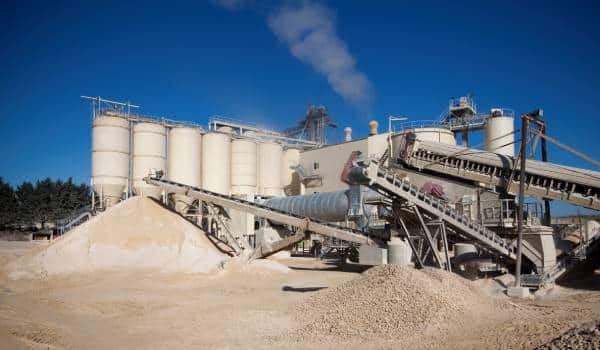A key ingredient for bones structure
Calcium carbonate (CaCO₃) comes from sedimentation of marine organisms (crustaceans, corals, etc.) in ancient oceans. It represents about 4% of the Earth’s crust (Aït-Kadi, Hébert, Bouzenad 2015), making it one of the most abundant minerals on Earth.
Calcium carbonate is mainly extracted in open pit quarries, via mechanical extraction (which is the case in our quarry) or via explosive depending on the veins. It is an inexpensive product and therefore it does not travel much around the world.
Calcium is necessary for the formation of their bones and teeth, which is essential for their growth, and for the proper functioning of animal metabolism (contraction of muscles, functioning of enzymes, heart rate, etc.). Calcium is also needed in dairy and lactating species (suckler and lactating dairy cows, suckler sows, etc.) for the production of milk, and in laying species for the formation of the eggshell.
Phosphea produced calcium carbonate in its quarry in France.

| Appearance | Light grey to beige color |
| Particule size | Micro-granules and powder |
| Packaging | Bag 25kg, Big Bag 600kg / 1T, Bulk |